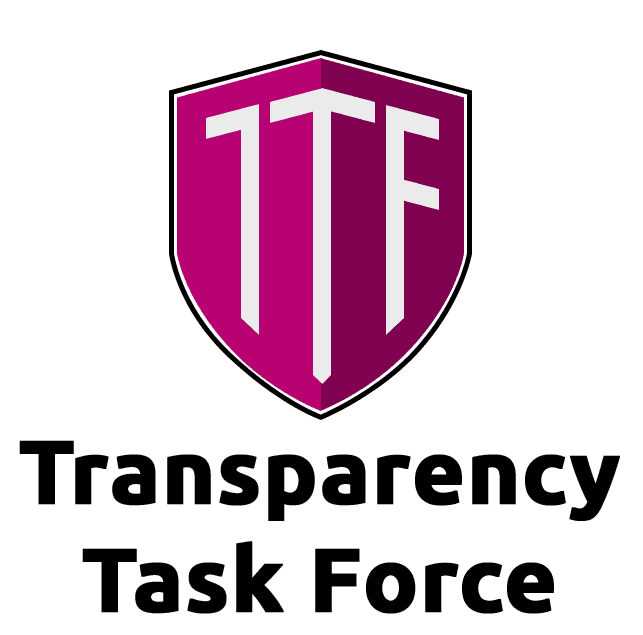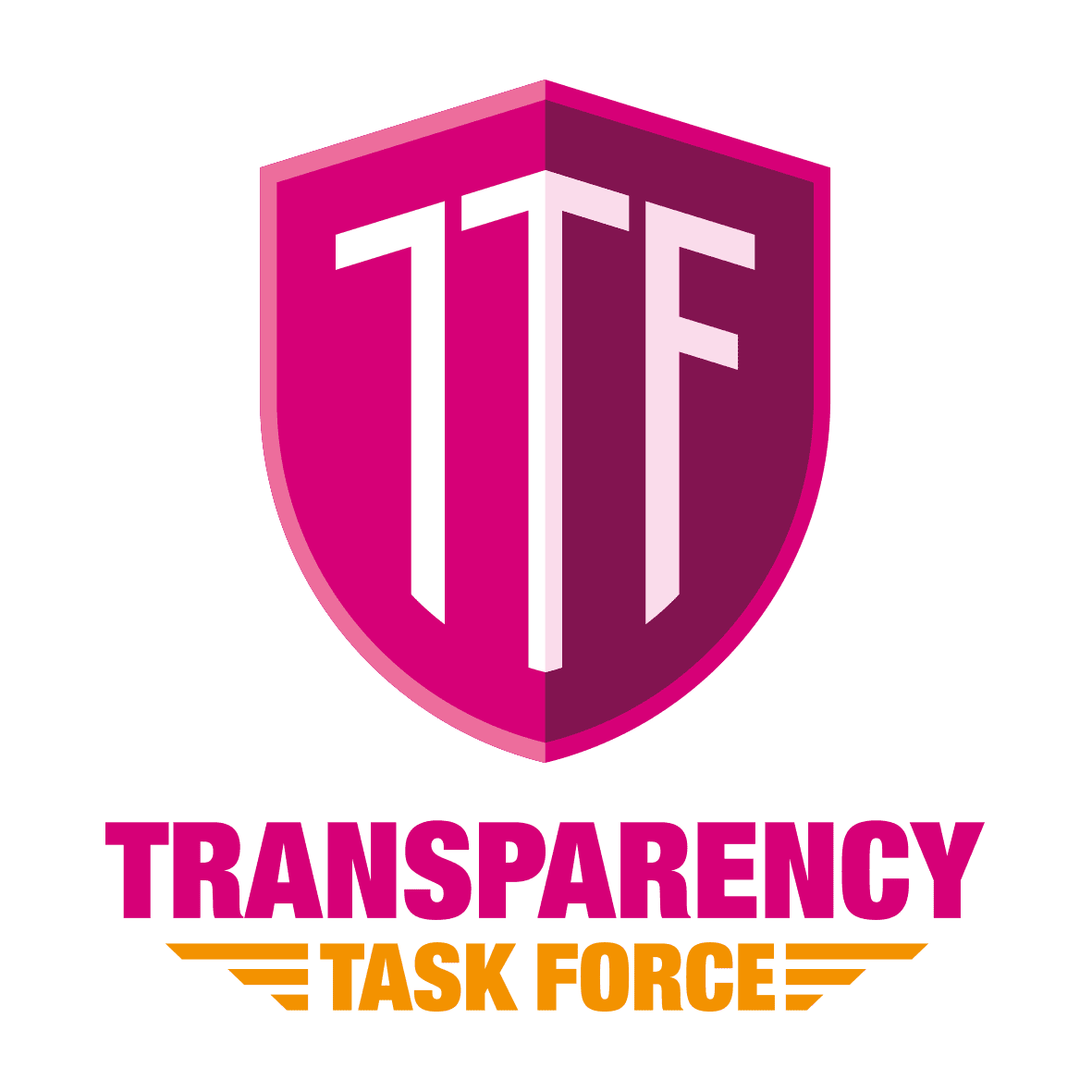Online symposium via Zoom.
Thursday, December 3rd 2020 from 6:00pm until 8:00pm, UK time
If you are ready to book your place, use the button below;
Otherwise read on for further details…
For any queries please contact us.

Executive summary; scroll down for the programme
We are at “the ceiling of complexity” in the world of data flows for regulatory reporting purposes, because the lack of data standards means that central banks and regulators around the world are finding it increasingly difficult to cope with the mountains of data they need to process.
Furthermore, the lack of data standards and the lack of interoperability in the financial ecosystem as a whole is causing needless friction, which manifests as wasteful cost and complexity for all stakeholders.
The inconvenient truth is that it cannot go on like this.
But what can be done?
There are enormous benefits to be had through developing more and better data standards within the financial services sector.
Benefits include:
- Better data management
- Improved operational resilience
- Better risk management
- Greater transparency
- Lower operating costs
- Systemic simplification
- Better data security
- Better data integrity
- Better consumer outcomes; and so on.
However, the barriers to progress are high. There are technical challenges to be overcome and there is obviously the need for all stakeholders to adopt a highly collaborative mindset for there to be any real hope of significant progress.
What’s now needed is a substantial, strategic breakthrough that will enable a paradigm shift forward, to a new era of data standards.
Is that possible?
Based on our last meeting, we believe it is.
We’ve been busy assembling a highly talented, highly motivated and highly collaborative group of stakeholders from around the world who want to work towards “the common good.” They have tremendous subject-matter expertise but more importantly they “get the bigger picture.”
They have a wide range of perspectives, but are united in the desire to help drive transformational change in the data standards space, particularly as it relates to regulatory reporting. Ultimately, we believe that with sufficient collaboration it is going to be possible to bring about changes that can drive a paradigm shift into a new era.
This meeting is therefore ideally suited to individuals and organisations that are keen to explore what is now technically possible; and can authentically embrace the idea of enlightened self-interest and working collaboratively for the common good, whilst of course remaining loyal to their own agendas.
You can expect to be amongst progressively-minded and collaboratively-minded people.
On the basis that “progress begins with realism” we’ll be running the event as forum to enable everybody to “say it as they see it.”
We’ll be facilitating the kind of candid yet constructive discussion that is needed to help move matters forward. We don’t think any one person or organisation has all the answers’ and we also think that everybody’s suggested scions are worth listening to.
So, if you’ve got an opinion you’d like to share and are keen to benefit from the insights and experiences of others, this is definitely an event for you.
Scroll down for further info, speaker details and to make bookings
Format
We will be using Zoom.
We will be structuring the event in such a way that it will be as engaging and as interactive as we can possibly make it. We’ll be working hard to create as “life-like” an event as possible, with every opportunity taken to create interaction and engagement.
There will be several presentations with Q&A sessions and an open discussion and debate session towards the end.
Here’s the programme and timings, so far*
6:00pm GMT
Welcome to the symposium, introductions and initial exploration of the main issues; plus “Why we must rebuild trustworthiness and confidence in financial services; and how we can do it” by
Andy Agathangelou FRSA
Founder, Transparency Task Force; Governor, Pensions Policy Institute; Chair of the Secretariat Committee to the All Party Parliamentary Group on Pension Scams; former Founding Chair, Friends of Automatic Enrolment; former Founding Chair, Association of Member Nominated Trustees

6:15pm GMT
Presentation for 45 minutes + 10 minutes Q&A with facilitated discussion, by



Allan Mendelowitz, Ph.D
President of ACTUS Financial Research Foundation and ACTUS Users Association
Former Chairman of the Federal Housing Finance Board and Co-Leader of the Committee to Establish the National Institute of Finance.
Willi Brammertz, Dr. Oec
Chair, ACTUS Users Association Board of Governors
CO-Founder of IRIS, now part of Wolters Kluwer, and father of one of the world’s leading financial analysis systems riskpro™.
Founder of Ariadne Business Analytics; Author of the book “Unified Financial Analysis – the missing links of finance” (Wiley, 2009) that provides the concept on which ACTUS builds.
Jefferson Braswell
Chair, ACTUS Financial Research Foundation Board of Governors
Founding Partner and CEO, Tahoe Blue Ltd; Chair, Technology, Operations and Standards Committee of the Board of Directors, Global LEI Foundation;
Formerly, President of Risk Management Technologies (RMT Berkeley, provider of the Radar Enterprise Risk Management Solution, acquired by FICO).
Allan, Willi and Jeff’s session will stimulate discussion and debate amongst all participants through sharing a set of ideas that they believe are a prerequisite to the paradigm shift forward that is needed in the regulatory reporting space.
Their objective is to explain what they see as the essential building blocks needed to create a new, advanced, financial regulatory information collection system that is far more informative, far less burdensome and far more responsive than what we have now.
They believe that their proposed system will help regulators better understand the risks to both individual financial institutions and the financial system as a whole. The new system will enable regulators to better understand the current condition of regulated financial institutions and better understand how the condition of individual banks and the financial system as a whole changes when the state of the world changes.
They will be considering how best to achieve what is needed, and will be taking a look at:
- Granularity: Every financial product is a financial contract and contracts are the building blocks of finance. They are the starting point for a better system.
- The value of a “pull system” as opposed to a “push system” for collecting data from regulated financial institutions. A “push system” requires regulated financial institutions to constantly respond to changing regulator requests. A “pull system” enables the regulator to reach into established data repositories to extract data as needed.
- The value of collecting granular data that can be analyzed and aggregated by any desired criteria, at will. The current approach collects rigidly aggregated reports (based on prior established criteria) that contain precalculated results that cannot be further analyzed. The key consideration of the granular data collected with a “pull system” is that it has to be analyzable at the individual contract level.
- The type of granular financial contract data that is needed: Unique counterparty identifiers plus financial contract data that enables current and forward-looking analysis.
They will also be talking through what the Algorithmic Contract Types Unifed Standards (ACTUS) is and how it benefits regulatory oversight, financial institutions and the market, explaining that:
- ACTUS is an algorithmic financial contract standard that generates the promised payment obligations of financial contracts with respect to amounts and timing.
- ACTUS is an enabler of all types of financial analysis because all such analyses starts with the payment obligations of the granular financial contracts.
- Using a common standard like ACTUS provides an efficient way to conduct analysis in all banking functions with respect to finance tasks and risk management, thereby eliminating the very costly reconciliation challenges that banks must solve between the inconsistent analyses produced by different systems within a bank.
- Use of the ACTUS algorithmic financial contract standard is the key to making a “pull system” of regulatory data collection work, thereby enabling the regulatory analysis that is needed
How exactly does ACTUS contribute to the success of a “pull system”.
- It provides a validated standard for collecting granular financial contract information.
- It enables granular data to be collected in a “pull system.”
- It makes the data that is collected fully analyzable with respect to changes in the state of the world, such as changes in market risk, credit risk, and behavior risk. The impact of risk on the condition of a financial institutions can only be quantified in terms of the extent to which risks interrupt and/or diminish the promised payments embodied in financial contracts and those promised payment obligations are precisely computed by the ACTUS algorithms.
- It enables a wide range of analytical approaches, including even the multiple ways in which the condition of a bank can be represented according to different accounting standards/approaches (IFRS, fair value, nominal value, and local GAAP).
- It enables realizable near time insight into the condition of individual regulated financial institutions.
- Combined with a system of unique counter-party identifiers, it enables regulators to see the entire financial market in a way that makes transparent interconnectedness in the market (who owes what to whom) and the extent to which problems in individual financial institutions are likely to be transmitted to other institutions, thereby representing threats to the stability of the financial system.
7:10pm GMT
Short leg-stretch and comfort break, for 10 minutes

7:20pm GMT
Continuation of open discussion and debate; what’s the consensus on the necessary building blocks for transformational progress in the data science, data management and data standards space?

7:55pm GMT until 8:00pm GMT
Final conclusions; suggested next steps and close to the formal proceedings.
However, for those that want it…
8:00pm GMT until 8:30pm GMT

Please click below to book your place
For any queries please contact us.



